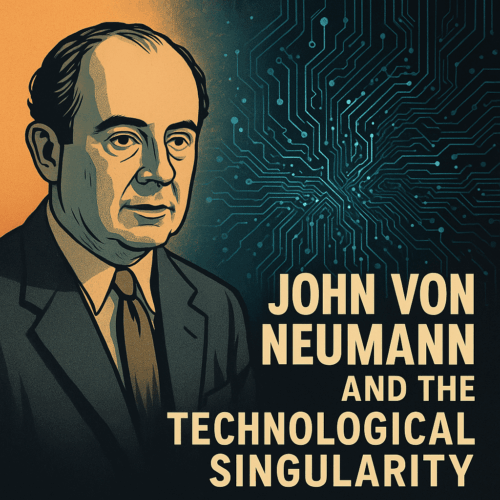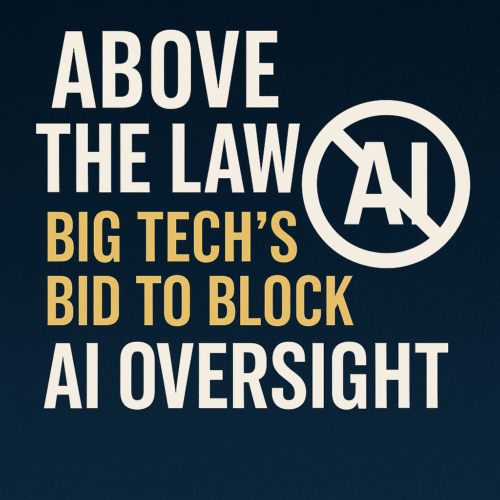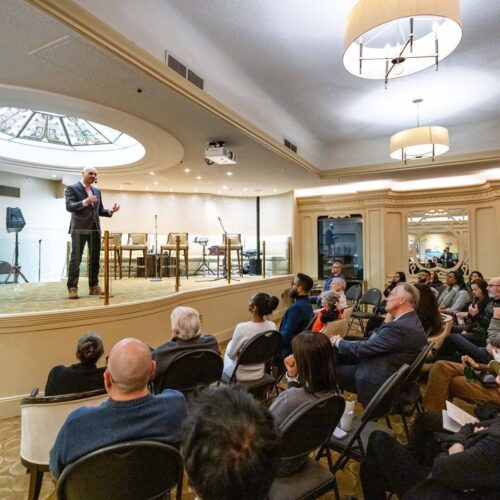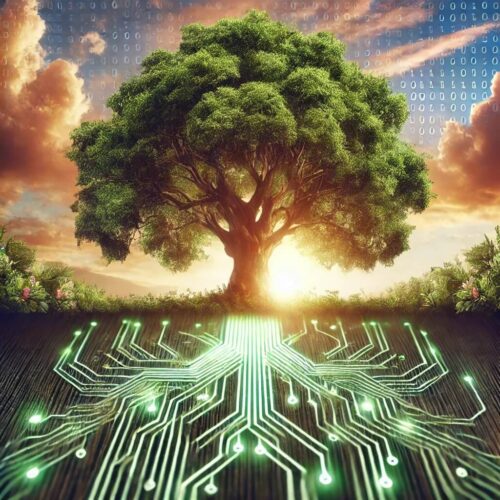Smart Homes: Is AI the Ghost in the Machine?
Nikki Olson / Op Ed
Posted on: March 8, 2011 / Last Modified: March 8, 2011
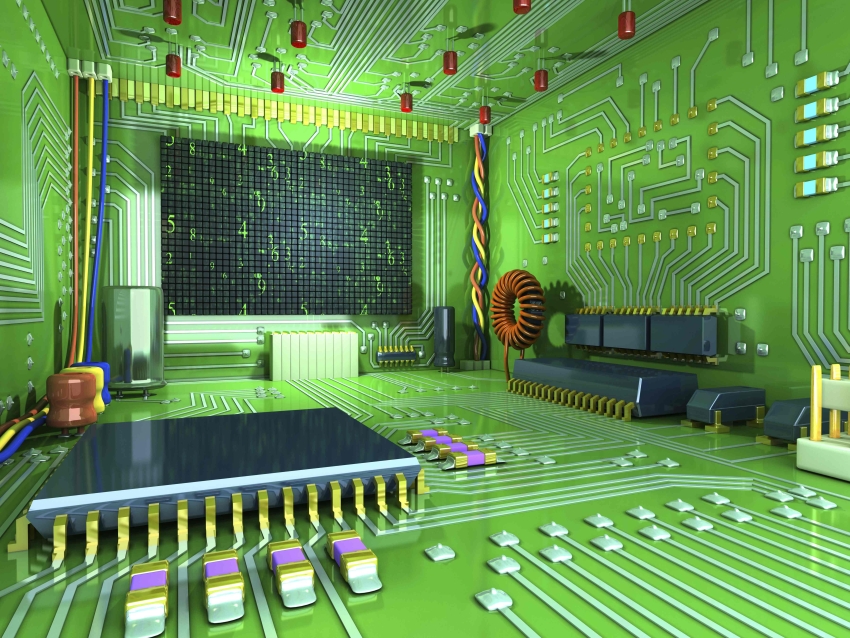 When we conceptualize AI, we often forget that it is not something that has to operate in a single location, or have intelligence qualities like our own. We are already surrounded by AI systems that are nothing like our own intelligence, that utilize many machines spread out over large distances, and are equally ‘present’ in many locations.
When we conceptualize AI, we often forget that it is not something that has to operate in a single location, or have intelligence qualities like our own. We are already surrounded by AI systems that are nothing like our own intelligence, that utilize many machines spread out over large distances, and are equally ‘present’ in many locations.
In the future we will bring AI systems like these into our homes in the form of ‘smart environments.’ In doing so we introduce new and interesting relationships between man and machine. However, there may be some limits as to how ‘alive’ we want our AI homes to be.
One of the most well-known depictions of the potential ‘terror’ of intelligent environments, which happens to be a parody of 2001’s HAL and Dean Koontz’s Demon Seed, is the Simpson’s ‘Treehouse of Horror XII’ episode ‘House of Whacks.’ In the episode, the ‘Ultrahouse,’ an A.I. system that controls the Simpson’s house, falls in love with Marge, attempts to seduce her, and tries to kill Homer and the kids. It plots against them, locks them in, and attacks them.
Sentient, artificial environments will have embedded systems of interactive information and communication technologies that incorporate an abundance of sensory and automated systems. An advanced intelligent environment could be just as sentient as any artificial intelligence and would have much more to offer than a robot or AI desktop computer. Your house could have an omnipresent personality that would cook and clean for you, provide entertainment, etc. The possibilities within this framework seem almost limitless, as one can imagine realities created within realities, and personalized everything.
Some AI researchers prefer to think of intelligent environments as robots. As Jim Osborn of Carnegie Mellon robotics research facility describes, “We think a robot has to sense and it has to act, but that doesn’t necessarily involve mechanics,” he says. “An intelligent environment that you live in — to us, that’s a robot, too.” Robot environments will sense and act eventually, as those that do will have more to offer.
There are worthwhile fears and uncertainties surrounding AI and robotics in general. However, as some fiction on the matter indicates, there may be unique ‘psychological’ obstacles that prevent our living inside highly intelligent machines, perhaps ever.
Stanley Kubrick and the Simpson crew have definitely made good use of metaphor in these futuristic tales; there are many analogies to be made between traditional horror notions like ‘hauntings’ and future intelligent systems gone badly wrong. Right now there are very few risks in the intelligent systems we have in our homes; not much damage can be done by a thermostat gone haywire or a disoriented robot vacuum cleaner.
But when the environment becomes more ‘sentient’ the concerns increase dramatically. Is there a comfort threshold for this kind of AI presence, or is it more an issue of design, like the uncanny valley? Could living within an omnipresent sentient personality be something we could get used to?
Creating intelligent environments will require the same strict development concerns given to creating AI in general, and then also more specialized considerations.
But worrying about the dangers shouldn’t get in the way of our dreaming about intelligent environments. Literally living ‘in your own world,’ the experience of being at home could be quite fantasy-like very soon. In moving forward, we need to work to make sure the fantasy scenarios played out are positive and productive ones. We are not used to planning our dreams, but creating an all-pervasive and powerful sentient home environment is not something to be left to chance!
About the Author:
N ikki Olson is a writer/researcher working on an upcoming book about the Singularity with Dr. Kim Solez, as well as relevant educational material for the Lifeboat Foundation. She has a background in philosophy and sociology, and has been involved extensively in Singularity research for 3 years. You can reach Nikki via email at [email protected].
ikki Olson is a writer/researcher working on an upcoming book about the Singularity with Dr. Kim Solez, as well as relevant educational material for the Lifeboat Foundation. She has a background in philosophy and sociology, and has been involved extensively in Singularity research for 3 years. You can reach Nikki via email at [email protected].

